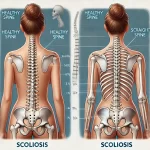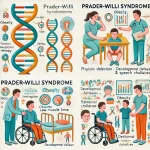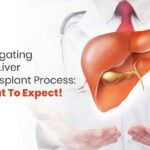Courage today, health tomorrow, life forever
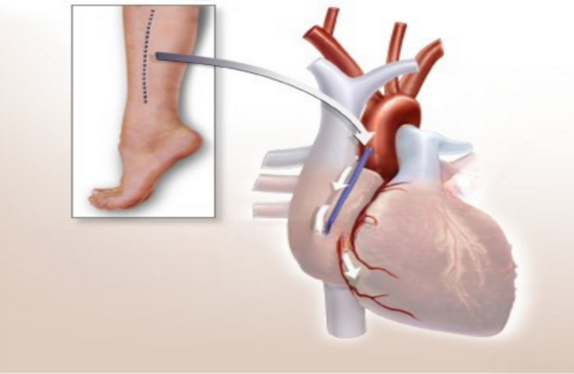
What Is Heart Bypass Surgery?
Coronary artery bypass surgery (CABG) is a surgical procedure to improve blood flow to the heart. It is performed when medical therapies and less invasive procedures like angioplasty are not sufficient to address significant blockages in the coronary arteries. During CABG, a healthy blood vessel (usually from the leg or chest) is grafted onto the blocked coronary artery, creating a detour around the blockage and allowing blood to flow freely to the heart muscle. This procedure can significantly improve heart function, relieve chest pain, and reduce the risk of heart attack in patients with severe coronary artery disease.
Heart Bypass Surgery Services
Heart bypass surgery services encompass a comprehensive range of care encompassing pre-operative evaluation, surgical expertise from skilled cardiac surgeons, access to state-of-the-art facilities, comprehensive post-operative care, and collaboration with a multidisciplinary team of cardiac professionals. These services aim to provide patients with the highest quality care, ensuring successful surgical outcomes and a smooth recovery for individuals undergoing coronary artery bypass grafting (CABG).
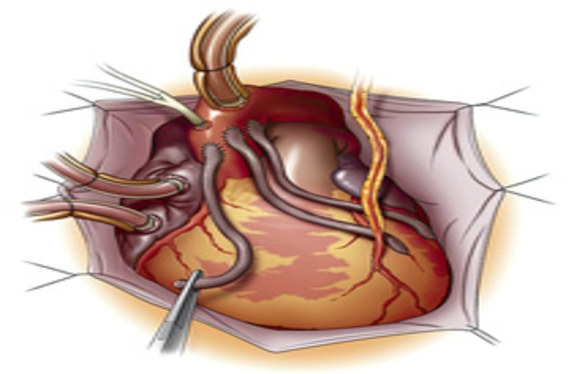
Why Choose Heart Bypass Surgery?
Heart bypass surgery is often chosen when other treatments, such as medications and angioplasty, have proven ineffective or are unsuitable for managing severe coronary artery disease. This procedure offers significant benefits, including improved blood flow to the heart, reduced chest pain (angina), decreased risk of heart attack, and enhanced overall quality of life by alleviating symptoms and improving heart function.
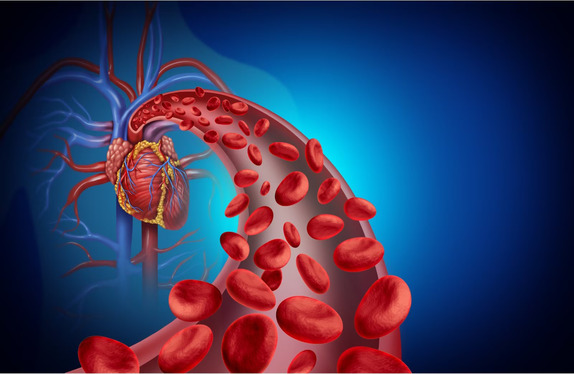
Improved Blood Flow
Coronary angioplasty significantly improves blood flow to the heart muscle. By widening the narrowed coronary arteries, it allows more oxygen-rich blood to reach the heart, reducing the workload on the heart and improving its overall function. This improved blood flow can alleviate chest pain (angina), reduce the risk of heart attack, and improve the overall quality of life for patients with coronary artery disease.
Enhanced Quality of Life
Coronary angioplasty can significantly enhance the quality of life for individuals with coronary artery disease. By improving blood flow to the heart, it alleviates symptoms such as chest pain (angina) and shortness of breath, allowing patients to resume normal activities, exercise more freely, and enjoy a more active and fulfilling lifestyle. Reduced limitations and improved overall well-being contribute to a significant enhancement in quality of life for patients who undergo this procedure.

The Heart Bypass Surgery Procedure
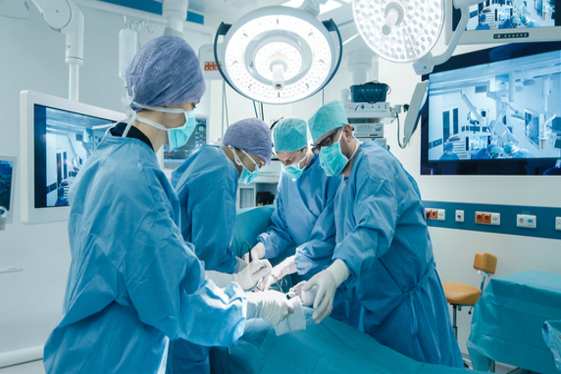
Preparation
Preparation for a coronary angioplasty procedure typically involves a thorough medical evaluation, including a physical exam, blood tests, and an electrocardiogram (ECG). You may be asked to stop eating and drinking for a certain period before the procedure. You should also inform your doctor about any medications you are taking, including aspirin, blood thinners, and any over-the-counter medications. Your doctor will provide specific instructions on how to prepare for the procedure and answer any questions you may have.
Graft Collection
Graft collection in heart bypass surgery involves harvesting healthy blood vessels from other parts of the body to create bypass grafts. Common sources include the internal mammary artery from the chest, the saphenous vein from the leg, and the radial artery from the forearm. These harvested vessels are then meticulously prepared and connected to the blocked coronary artery, creating a new pathway for blood flow to bypass the obstruction.

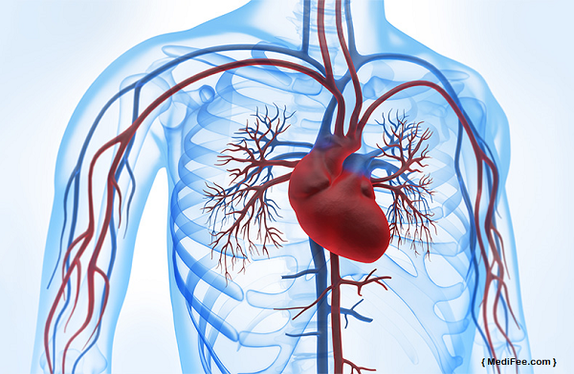
Bypass Creation
Bypass Creation in heart bypass surgery refers to the process of surgically connecting a healthy blood vessel (the graft) to the blocked coronary artery. This creates a new pathway for blood to flow around the blockage, bypassing the obstructed area and delivering oxygen and nutrients to the heart muscle. The graft is typically sewn onto the aorta (the main artery leaving the heart) at one end and to the coronary artery below the blockage at the other end.
How Can We Help?
We are dedicated to providing comprehensive and compassionate care for patients with heart disease. Our experienced team of cardiologists specializes in advanced interventional cardiology procedures, including coronary angioplasty. We utilize state-of-the-art technology and minimally invasive techniques to diagnose and treat coronary artery disease. If you are experiencing chest pain, shortness of breath, or other symptoms that may indicate heart disease, we encourage you to schedule a consultation. We are committed to providing personalized care and guiding you through the entire treatment process, from diagnosis to recovery.


